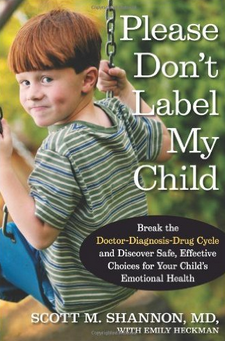I spend a lot of time worrying about the super-fast, frenzied, hectic pace of our world. I especially worry about the affect this pace has on our kids. Questions like:
- Are my kids too busy?
- Do they know how to relax, be bored and unwind?
- What will the long-term effects of our plugged in, crazy world be on them down the road?
When I discovered the book, Mindful Parenting, I was glad to see that someone else was a little worried too. Dr. Kristen Race‘s book is a wonderful resource for parents who are concerned about stress in their kids. She does a nice job explaining stress from biological perspective, and also offers many do-able, down-to-earth strategies for helping kids (and parents too!) de-stress in an otherwise stressed out world. I especially enjoyed her tips for kids who are “addicted” to screens, and those who are over-scheduled.
Mindfulness is a pretty hot topic these days. Dr. Race‘s definition of mindfulness is:
Paying attention to the present moment without judgment
Mindfulness is the opposite of worry and multi-tasking. It’s the opposite of zoned-out TV watching and snack eating. What it is, can be hard to grasp – but Dr. Race and many others believe it is worth striving for because of its benefits for health. Luckily, she offers LOTS of ideas about how to become a more mindful family (and hopefully raise more mindful children). I like this sort of hands-on, easy-to-try parenting book. Nothing too complicated, but filled with strategies that are simple enough to use today.
I recommend Mindful Parenting for families who feel like their lives are moving too quickly, or too filled with technology and outside activities. Check it out here.




